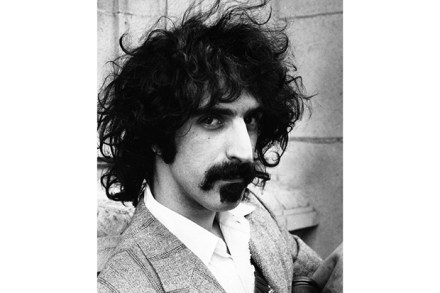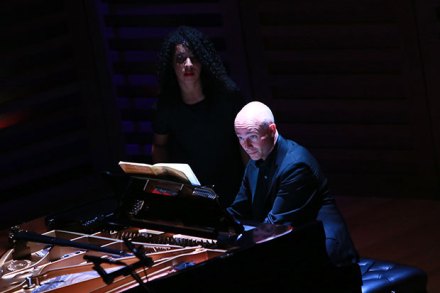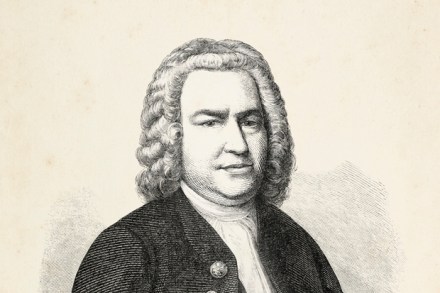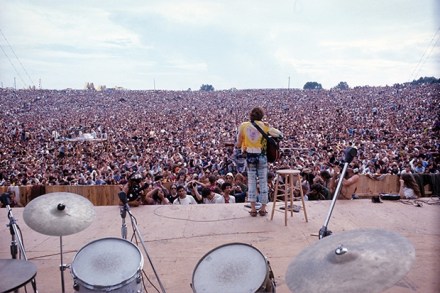Brahms’s benders
‘Brahms and Liszt’ is a lovely bit of rhyming slang, but it doesn’t have the ring of authenticity. Can you really imagine cockney barrow boys whistling tunes from the Tragic Overture and the Transcendental Études? Also, the Oxford English Dictionary reckons it only dates back to the 1930s. It always made me snigger, though, because it conjured up an implausible vision of pompous beardy Johannes and the social-climbing Abbé rolling around legless. Not so implausible, it turns out. The other day I was reading a review of a new life of Liszt by Oliver Hilmes that reveals ‘hair-raising episodes of drunkenness’ in his later years. For some reason these were





















